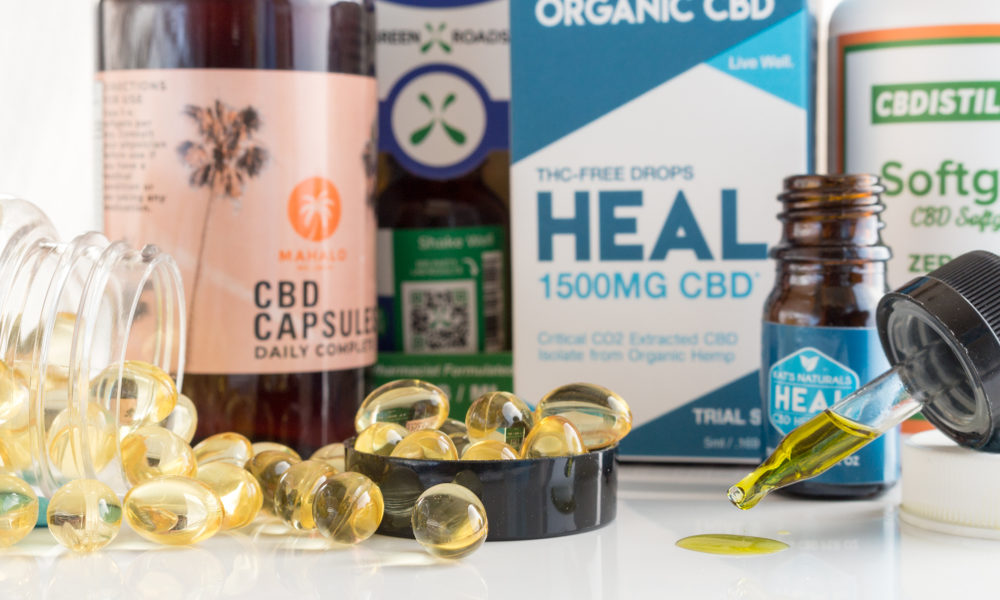A series of U.S. Food & Drug Administration (FDA) warning letters have been sent to various companies concerning the placement of cannabidiol (CBD) in food and beverages.
Most of the complaints come from mislabeling. Namely, brands are offering products that appear to be traditional food and beverage products, but in fact, contain CBD.
For example, the brand 11-11-11 has received a warning letter concerning its herbal teas. The front label of these teas has no indication of CBD infusion and, therefore, may confuse some customers.
In this specific example, the FDA takes their concerns further by noting that CBD may affect caffeine metabolism. In fact, it’s suggested that taking CBD alongside caffeine will only increase (or prolong) the stimulating effects.
Other complaints the FDA has been concerning medical claims. This isn’t news for anyone who works in this industry. Since there isn’t enough scientific research concerning CBD (or cannabis as a whole, for that matter) any brand selling products isn’t allowed to claim it will help with a particular health condition.
But as you can imagine, many companies still make claims as this is the primary selling point of the CBD industry: an all-natural remedy with few side effects that can replace your prescription medication.
However, what constitutes a medical claim remains up in the air. CBD American Shaman, a very popular and well-known CBD brand was one of the many to be hit with these FDA warning letters.
The FDA specifically targeted their CBD + ZINC OXIDE Sunscreen, claiming the description of the product constituted as a drug. More specifically, the phrase, “This all natural CBD sunscreen lotion is a natural way to protect yourself from harmful UV rays…”
They claimed that due to this statement, the product would have to undergo testing and be labeled as a drug.
Simultaneously, the FDA struck CBD American Shaman for their CBD Dog Treats. As the company discusses ways in which CBD may help in their description. Take this phrase as an example, “They [CBD dog treats] may also help to regulate heartbeat and blood pressure.”
In this specific instance, CBD American Shaman has followed standard protocol in this industry by simply using the term “may.” There’s no claim being made, American Shaman is simply throwing about possibilities.
A Warning Letter to the FDA: It’s Time to Regulate CBD
Such warning letters are nothing new to the CBD industry. With such a lack of regulations, many brands have come and gone, often overlooking FDA’s requirements for CBD brands.
The biggest issue with this is it has led to an oversaturated market. This was especially true a few years ago when the CBD craze was starting to pick up, but has since died down.
Compare this to recreational marijuana. While different states have varying regulations, one thing remains the same across all states; there are strict rules to follow. In turn, oversaturation has only occurred due to government incompetence, such as we see in California where there’s currently more supply than demand.
In the CBD space, things are different. The market finds itself in a federally legal grey area that doesn’t have as much government oversight. With the free market completely liberated, we’ve seen a plethora of low-quality products hitting store shelves and leaving just as quickly.
The warning letters sent by the FDA are often directed toward these low-quality products. But the only reason these products even exist is that the FDA doesn’t regulate the CBD market.
That said, it would be in the FDA’s best interest to develop a set of regulations for the industry. However, it’s just as important that they don’t overregulate and cause further problems.
Finding the balance between government intervention and the free market is key to allowing the CBD industry to blossom as much as economists have predicted.

